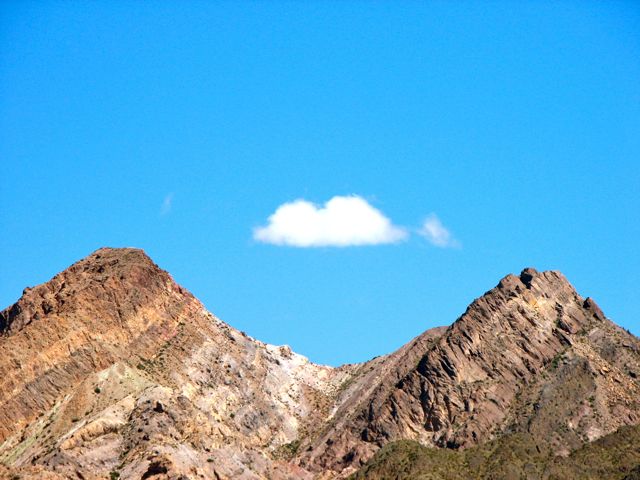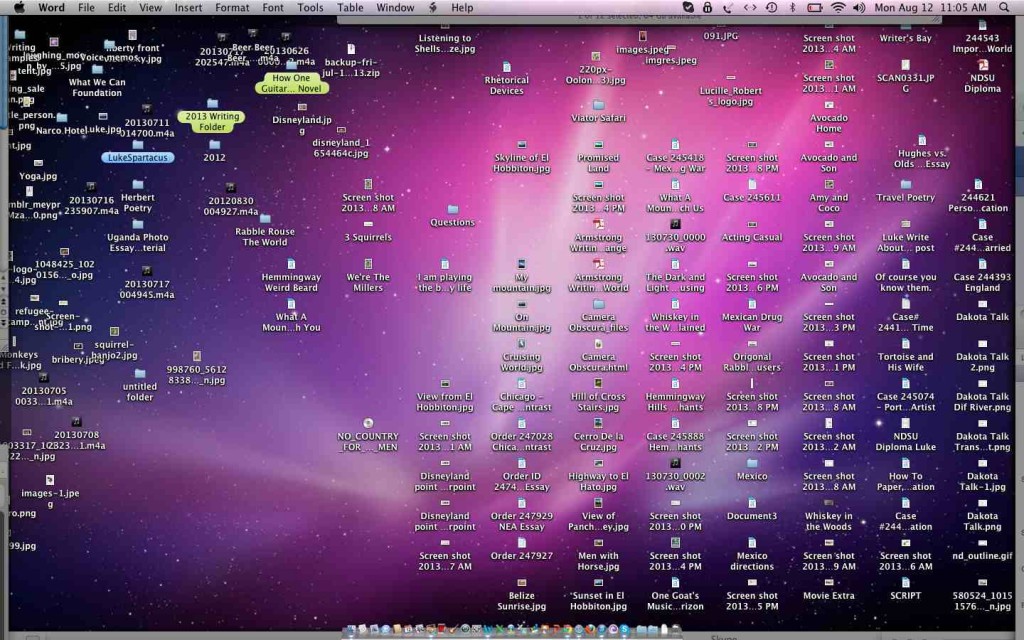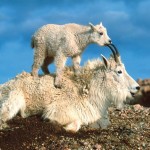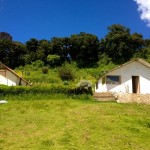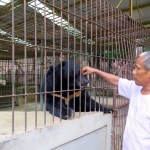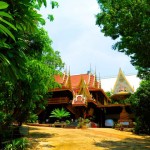Mountains can teach us plenty. In Morocco, a mountain taught me that I was an idiot for climbing it, since it almost resulted in my falling from it. In Chile’s La Campana Parque National, my friends and I learned after camping on a mountain that we should have packed more water and less wine.
Most recently, I spent three days on a mountain peak dubbed by my friends developing it “El Hobbiton” or “super hobbit-ty.” In several years the mountain will be hustling and bustling with five star hobbit holes and intrepid guests enjoying each other’s fleeting, but meaningful company.
 Today El Hobbiton is two simple cabins built a stone’s throw from the submit of a peak that rises above Guatemala’s Panchoy valley, home to Antigua, Cuidad Vieja, and Jocotenango among others. On a clear day you can see the lake Amatitlán and six volcanoes, some as large as a sea on the horizon. At dusk the stars appear above the valley storms’ where lighting takes on the same hue as the constellations.
Today El Hobbiton is two simple cabins built a stone’s throw from the submit of a peak that rises above Guatemala’s Panchoy valley, home to Antigua, Cuidad Vieja, and Jocotenango among others. On a clear day you can see the lake Amatitlán and six volcanoes, some as large as a sea on the horizon. At dusk the stars appear above the valley storms’ where lighting takes on the same hue as the constellations.
And I forgot to bring my camera for what I called my “three-day writing retreat on the mountain.” With views you’d expect to find in a rewarded afterlife, I mentally reached for a camera that was not there. That feeling eventually waned as I got better at being apart of the present moment as opposed to past reflection of future reaching. The fact was that I had not come to the mountain as a blank slated student ready for whatever lessons whispered at quiet heights, but to re-learn a lesson I am constantly learning, forgetting and relearning again.
You know when your computer desktop gets filled with folders and photos and documents and it simply comes to the tipping point of acceptability and you simply must take some action and place each icon into the folder where it belongs? My desktop sometimes gets so full that what should be the most prominent image, the wallpaper, can’t even be seen. Our lives get this way too, filled with so much noise and distractions that we seem to be everywhere at once but the present moment.
I suspect that my current career path—writing, developing websites, posting on this blog, founding an NGO—lends itself to a constant hurry of doing this and that which can eclipse the only moment we will ever have, the present. With the Internte ubiquitously available, and my hours flexible and self-assigned, I tend to settle into a groove where even when I am not working, I am—thinking about what I will do, what I can do better, what I should do, ad infinitum.
So I came the mountain to turn off my phone, leave the computer and camera behind and spend three days with a few paperbacks, blank notebooks, and the first draft manuscript of an unfinished non-fiction book. But in the end I spent less time reading and writing than I had planned and more time just listening.
Silence is the sound of singing birds that when you heed realize is as much conversation as song. It is the unnumbered insects whose rising and falling buzzes of surprising nuance can go by too easily unnoticed. Silence is the sound of a breeze giving voice to the soft spoken leaves and branches.
With me atop the mountain is my friend Dan, one of the partners building El Hobbiton, and two volunteer gardeners, Ashley and Euri. Twice I asked the time and was told by Dan that “There is no time here.”
Rather, the Western imposition of exacting clock time has little use here. In life we are always moving towards something, with the ultimate stop, the end, something that no one should be in a rush to meet.
There is a line from the Tao Te Ching that I find myself often repeating. “Do your work, then stop back. The only path to serenity.” 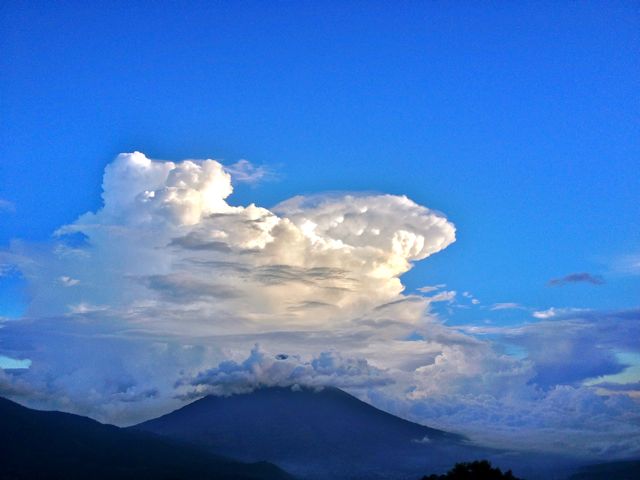
Things happen in their own time. There is a time to let go of everything. Time to shut off the phone, turn away from the computer, and leave the camera at home. All we ever own is the inhalation of the present. It’s easy to forget that. Easier to fall into a trap of reliving yesterday’s conversations, imagining the choice words we wish we had said instead.
Email, cell phones, pings and zings, photos, the instantaneity of modernity—these are all nice, convenient things. But I find when left to my own electronic devices, I do not naturally impose a reasonable moderation on their use. For me it takes stepping back to a place away from them where I can get a good view of the role they have in my life and whether life would not be enhanced by limiting their use.
I tend to make New Years-esque resolutions throughout the course of the calendar. My “mountain resolution: is to pick a day of the week (Wednesday I’ve decided since it seems to have a different shape than the rest of the weekdays) when I stay away from the tyranny of technology and focus on the small easily forgotten, but so important things.
A coffee consumed subconsciously while you are reading or writing is a different animal than one sipped knowingly, with every nuance of flavor evaluated, meditated upon. A mountain can teach us to welcome every instant with gratitude, a thankfulness that does not think beyond the here and now, but builds a monument to the present moment that we have never in fact been without despite the ease with which we can forget it.

